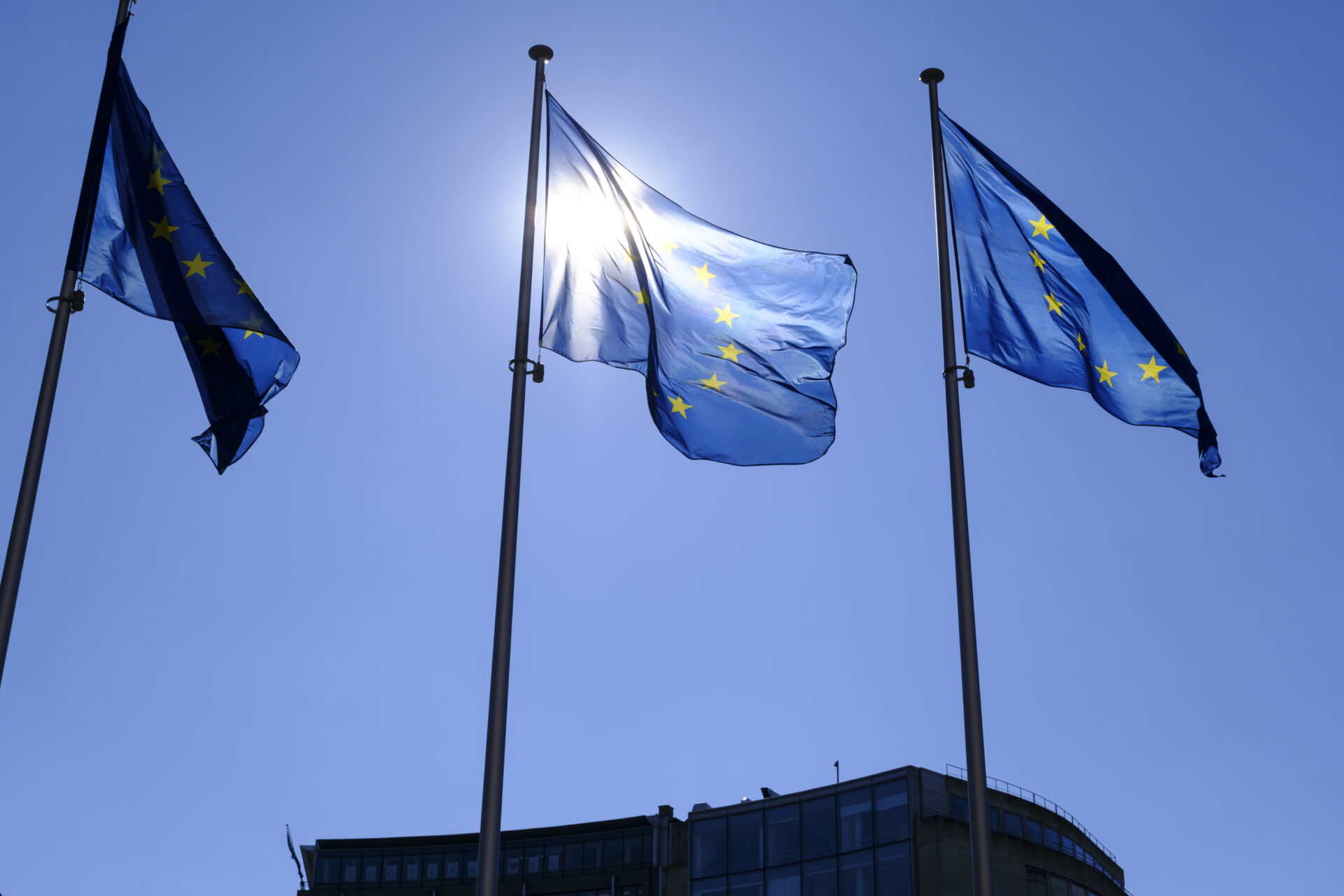
Today, the European Commission announced new measures aimed at ensuring the safety of billions of packages purchased by European consumers from non-EU online retailers.
In 2023, around 4.6 billion low-value shipments—packages worth no more than 150 euros—entered the EU, predominantly from China. This translates to approximately 12 million packages daily, doubling the figures from 2022 and tripling those from 2021. Alarmingly, many of these items have been found to violate European regulations.
The rise in imported small parcels raises significant concerns, according to the Commission: an increasing number of harmful products are penetrating the EU market, and European businesses that comply with strict EU standards risk being undermined by unfair competition and the sale of counterfeit or imitation goods on online platforms. Moreover, the sheer volume of shipments contributes to negative environmental and climatic impacts.
While e-commerce offers substantial advantages for consumers, small and medium-sized enterprises (SMEs), and the overall EU economy—about 70% of Europeans frequently shop online—customs authorities are facing growing challenges. These include increased workloads and emerging risks related to product safety, compliance, illegal goods, sustainability, and competitive fairness for responsible businesses. Notably, nearly half of the counterfeit items seized at EU borders that infringed on SMEs’ intellectual property rights were acquired online.
“Consumers in Europe should fully benefit from e-commerce by accessing convenient, affordable, safe, and high-quality products online. At the same time, European companies deserve a fair competitive environment within the single market,” stated the Commission, which today outlined the tools available to tackle the risks associated with the influx of unsafe, counterfeit, and otherwise non-compliant products into the EU market.
The Commission has urged all co-legislators to promptly approve the proposed customs union reform package, which would enable the swift implementation of new regulations to ensure equitable competition in the e-commerce sector. Key proposals include abolishing duty exemptions for low-value parcels worth less than 150 euros and enhancing capabilities for inspections, such as improved information sharing.
According to Commissioner for Trade and Economic Security, Maroš Šefčovič, as e-commerce evolves, it is essential to intensify efforts to prevent non-compliant products from entering the EU and promote fair competition for both European and third-country operators. He emphasized that the ambitious customs union reform suggested by the Commission in May 2023 aims to eliminate duty exemptions for low-value parcels and strengthen monitoring through the establishment of an EU customs authority and an EU customs data hub. “This initiative would significantly level the playing field for all e-commerce participants,” the Commissioner highlighted. (5/2/2025)













Leave a Reply